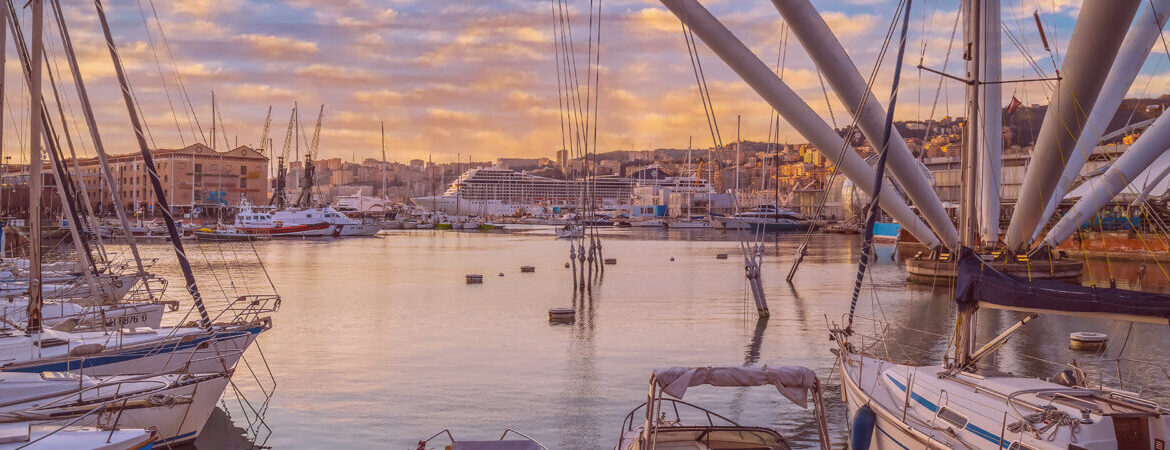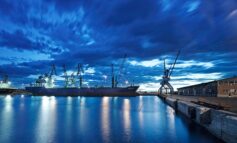The integration of green strategies within port management is becoming crucial for port sustainability and competitiveness. A recent study by PortEconomics member Giovanni Satta—along with Francesco Vitellaro, Abdel Ganir Njikatoufon, and Marcello Risitano—published in the scholarly journal Maritime Economics & Logistics explores this relationship through the lens of stakeholder management.
Focusing on Italian Port Management Bodies (PMBs), the port study identifies three main areas of green strategies: energy efficiency, electric supply infrastructure, and renewable energy promotion. These strategies help meet environmental regulations and align with the expectations of key stakeholders, particularly terminal operators and local communities.
Discussion
· Italian ports are actively implementing green strategies in line with the European Green Deal, with over €200 million invested in such initiatives during 2022-2023.
· The need for greater efforts in land use conversion to benefit local communities, as only 3% of interventions focus on this area.
· Terminal operators, local communities, and shareholders are the primary beneficiaries of green strategies, emphasizing the importance of social approval and environmental impact management in port operations.
The study provides valuable insights for port managers and policymakers. It suggests that while significant progress has been made, there is still a need to balance economic, market, and environmental objectives. By prioritizing stakeholder engagement and enhancing employee involvement in sustainability initiatives, ports can optimize their green strategies to achieve competitive and environmental benefits.
Read the full study here.











